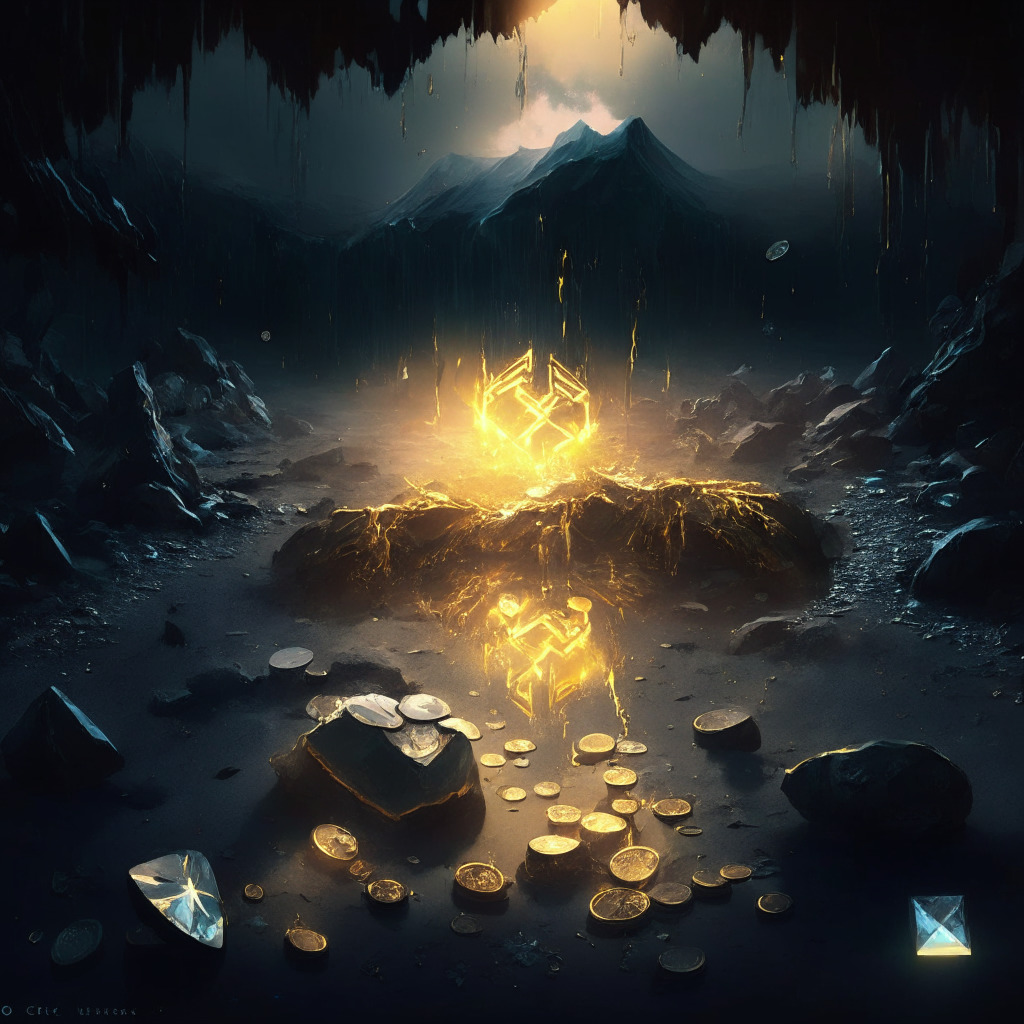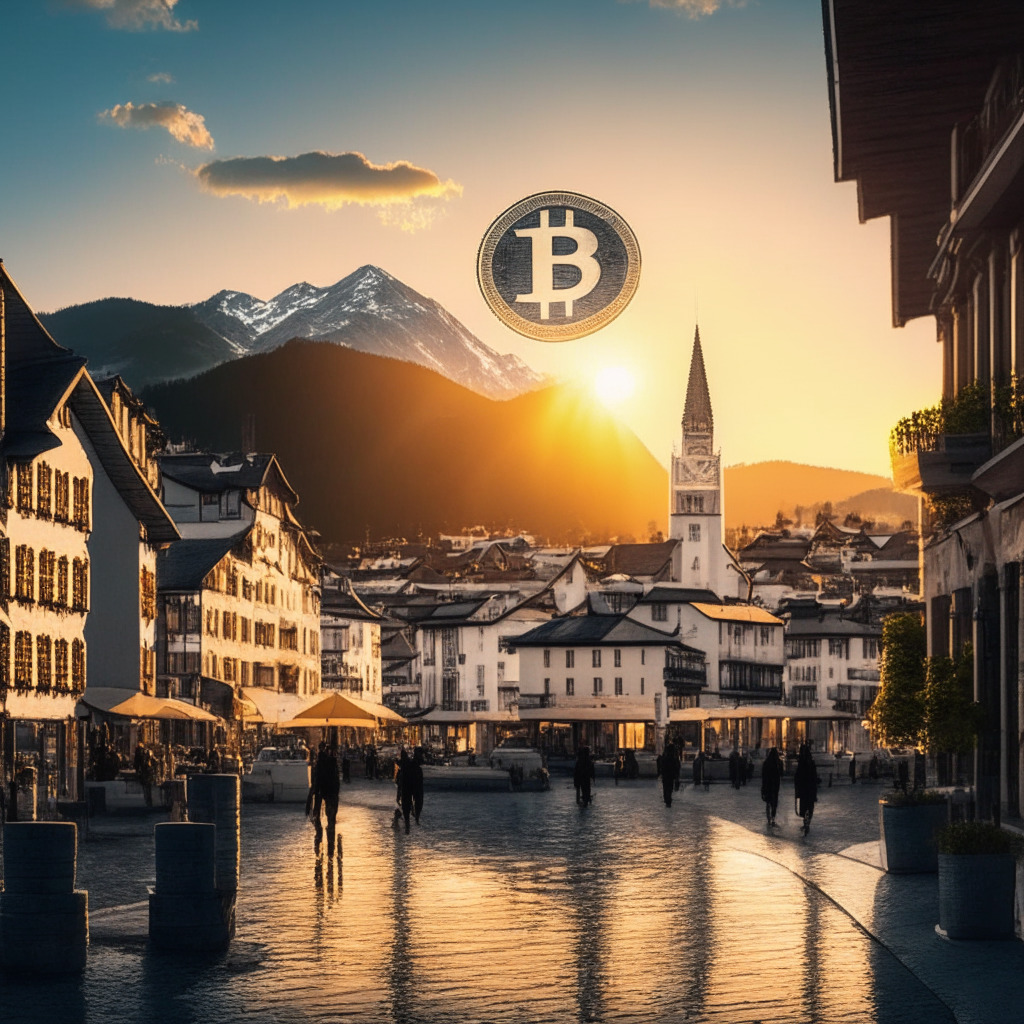In the steadily evolving world of blockchain technology and digital currencies, one central theme that keeps emerging is arguably the unpredictable future. Blockchain, which was originally conceived as a means to facilitate digital monetary transactions using the famed BTC, has since seen its underlying technology applied in a variety of innovative ways; From decentralised applications, smart contracts and beyond. Amongst this flurry of activity, the question remains; “Does blockchain indeed have a future?”
In one corner, proponents of blockchain argue the technology’s innate security, transparency and decentralization are disruptive attributes that can revolutionize industries. Blockchain’s ability to provide immutable, time-stamped and publicly visible records of transactions is seen as a panacea for sectors fraught with bureaucratic bottlenecks and corruption. They assert that such transformative potential is only enhanced by the adoption of smart contracts, which can automate transaction flows and reduce the need for intermediaries.
Conversely, skeptics question blockchain’s feasibility and scalability. The concerns mostly stem from the high energy consumption of proof-of-work systems, the privacy implications of a public ledger, and the complex technical knowledge required to use and engage with blockchain adequately. Some also contend with the technology’s regulatory uncertainties. Critics argue that only when these issues are adequately addressed can blockchain be endorsed as a technology of the future.
Adding fuel to this philosophical tussle, there’s the issue of blockchain markets. Given the influx of institutional money into digital assets, marked by the likes Elon Musk and firms such as Binance, blockchain’s market potential appears to be on an upward trajectory. Their investments have undeniably impelled market-wide upticks, but skeptics caution a potential blockchain bubble. They point to the volatility of digital assets, concerns over price manipulation, and the lack of widespread marketplace regulation, fearing a repeat of the 2017 Bitcoin crash.
These various threads culminate in a question of adaptability of blockchain technology. Although the initial hype seems to have dimmed, igniting questions of its longevity, the steady inflow of investment and development into blockchain-based technologies suggests a more optimistic outlook. As for market behaviour, while caution should be exercised in the face of volatility and risks, such are integral aspects of any nascent industry.
The question cannot be simply answered by polar perspectives. The future of blockchain lies somewhere between – dictated by progressive solutions to its pitfalls, broader understanding of its potential, and sound market operations. One thing’s certain though: the conversation surrounding blockchain’s future won’t be drawing to a close anytime soon.
Source: Cryptonews




